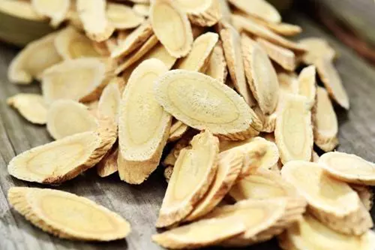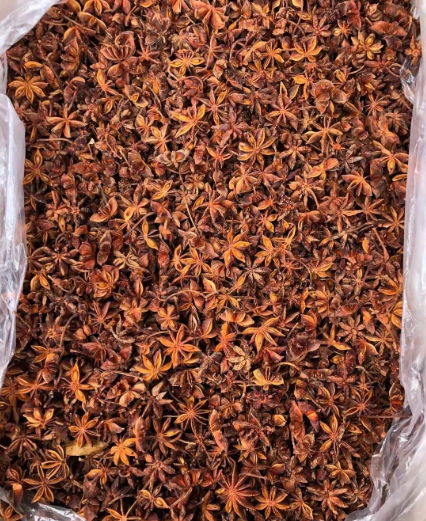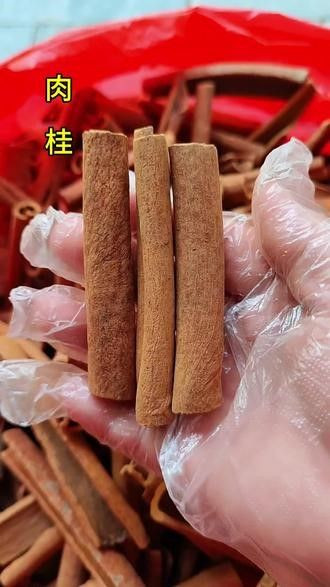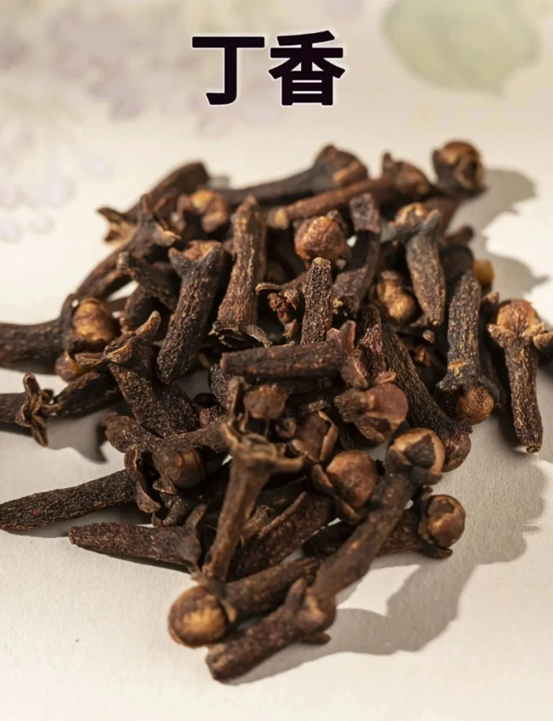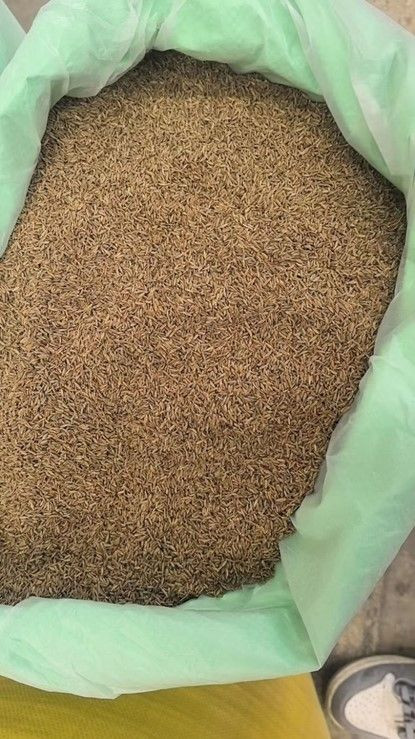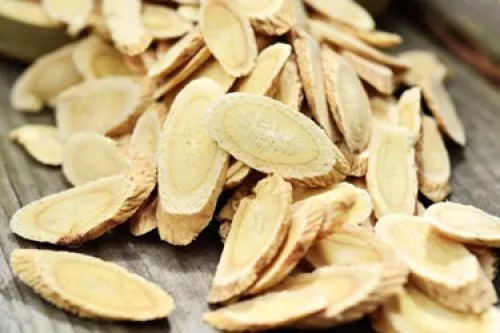

Products

Description:
Radix Astragali refers to the root of the Astragalus plant, commonly used in Traditional Chinese Medicine (TCM). The botanical name is Astragalus membranaceus, and its known in Chinese as Huang Qi (黄芪).
🌿 What Is Radix Astragali?
-
Common name: Astragalus root
-
Chinese name: Huang Qi (黄芪)
-
Botanical name: Astragalus membranaceus
-
Plant family: Legume family (Fabaceae)
-
Used part: The dried root
💊 Traditional & Modern Uses:
1. Immune Support
-
One of the most well-known immunomodulating herbs in TCM
-
Believed to strengthen Wei Qi (defensive energy) – like a protective barrier against illness
2. Energy and Vitality
-
Used as a Qi tonic to improve energy, stamina, and resistance to fatigue
-
Often given to people recovering from illness or weakened constitution
3. Adaptogen
-
Helps the body adapt to stress
-
Supports adrenal function and balance
4. Anti-inflammatory & Antioxidant
-
Contains flavonoids, polysaccharides, and saponins
-
May reduce inflammation and oxidative damage
5. Heart and Kidney Health
-
Some studies suggest it may support cardiovascular health and kidney function
-
Used in TCM formulas for water retention or chronic illness
🍵 How Its Used:
-
Decoctions (herbal teas) – simmered in water with other herbs
-
Powder or capsules – in supplements for immunity or energy
-
Tinctures – alcohol-based extracts
-
In soups or broths – slices of root added to boost health (not eaten directly)
-
Combined with other herbs in famous TCM formulas like:
-
Yu Ping Feng San (Jade Windscreen Powder)
-
Bu Zhong Yi Qi Tang (tonic for spleen Qi and lifting energy)
-

